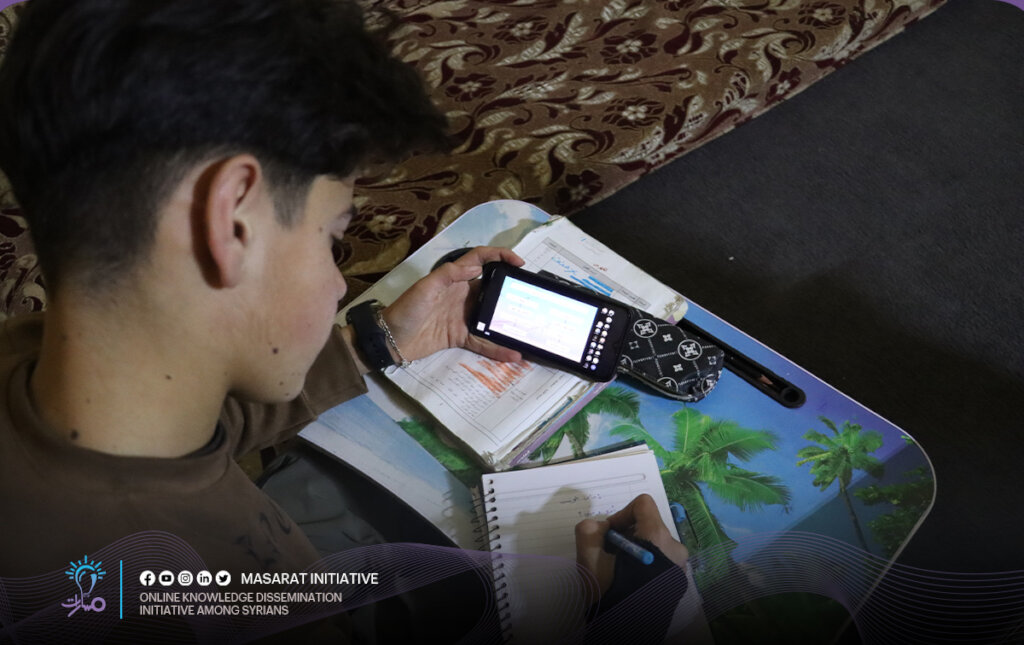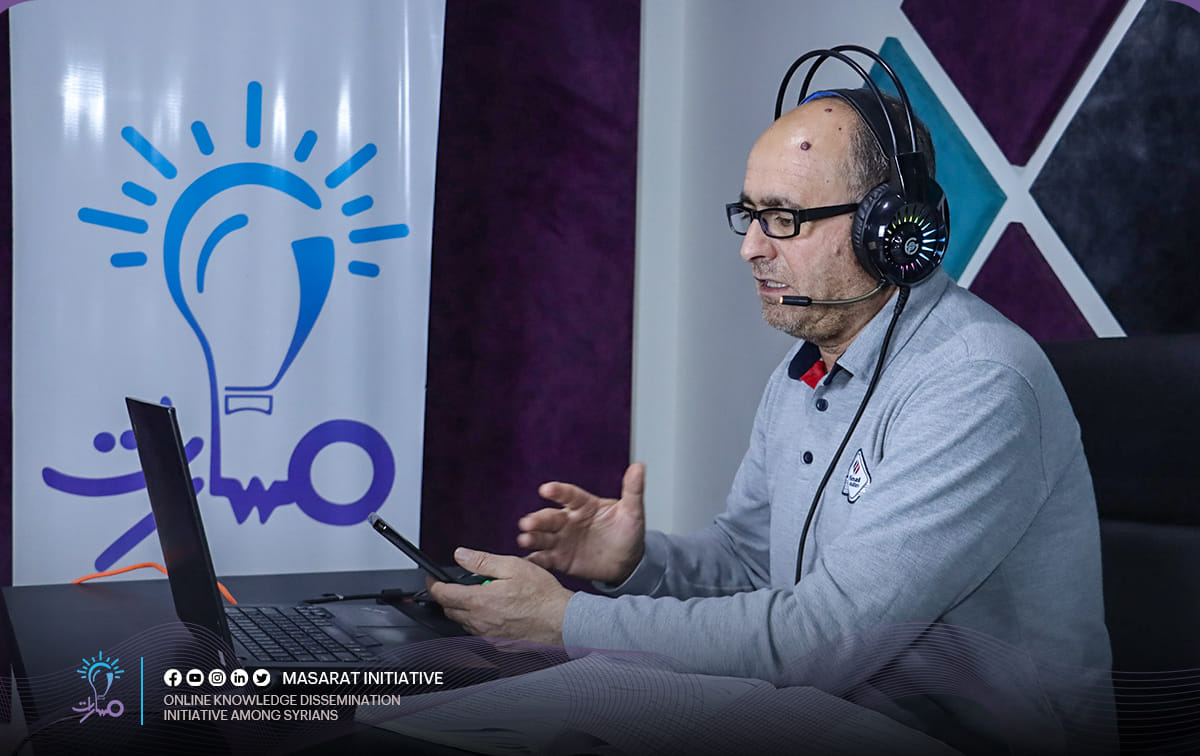The integration of artificial intelligence (AI) into our daily lives has become profound and pervasive, creating significant impacts in various fields in unprecedented ways.
This integration is particularly evident in areas such as sports, medicine, construction, and especially education, where AI is revolutionizing how we organize our work and update educational curricula, providing new learning opportunities for students of all ages.
The Importance of AI in Enhancing Education
AI-supported education rejuvenates traditional teaching methods and shapes the technological future of this field. By analyzing large datasets using advanced algorithms, AI provides flexible and customized educational solutions and experiences.
This grants students the opportunity for personalized and guided learning, with immediate feedback and access to innovative technologies such as augmented and virtual reality.
Benefits of AI in Education
AI in education offers numerous benefits, making various tasks easier and the learning process smoother. Here are some key examples of how AI transforms the educational landscape:
Personalized Learning
AI provides tailored solutions that meet the needs of each student individually. While some students grasp information quickly, others may need more time. In traditional educational systems, individual needs may be overlooked.
AI offers an approach that adapts to each student’s pace and style, making lessons easier to understand and reducing educational pressures.
Automation of Tasks
AI has made a significant leap by automating many essential tasks, such as grading homework, assessing tests, organizing research papers, and managing records.
This automation not only improves the educational process but also makes educational administration more efficient and productive.
Creation of Smart Content
AI enhances the creation of educational content in innovative ways, enabling teachers and researchers to develop effective educational materials that include complex visual elements beyond traditional teaching capabilities.
This includes 2D and 3D visualizations, enriching students’ understanding through new and interactive methods.
Frequent Content Updates
AI allows for the frequent updating of educational content, ensuring that study materials remain current and aligned with the latest developments.
Users are informed of new information additions, improving their preparedness for new tasks and topics.
Identifying Weaknesses in the Classroom
AI helps identify weaknesses in the classroom and enhances remote learning. Despite concerns about potentially replacing the human element, the reality is that AI complements traditional and virtual teaching, enhancing education.
Bridging the Skills Gap
AI aids in improving student skills, helping to bridge technological gaps in educational institutions.
This approach provides affordable and accessible educational opportunities for students and the current workforce, boosting morale and fostering innovation. Analyzing how people acquire skills allows for the efficient adaptation and automation of the educational process.
Data-Driven Personalized Feedback
Feedback is a crucial part of designing learning experiences, whether in classrooms or workplaces. Effective teaching is characterized by continuous feedback.
AI in education analyzes data and provides accurate performance reports, helping to achieve student satisfaction, eliminate bias, and clarify skill weaknesses.
Providing assistance throughout the day
Chatbots in education are an example of how AI can offer personalized assistance and learning around the clock.
AI provides intelligent tutoring by analyzing content consumption patterns and meeting educational needs accordingly.
AI in Examinations
AI programs can be used in exams and interviews to detect cheating and alert supervisors.
These programs monitor students via webcams and microphones, helping maintain academic integrity.
AI Use Cases in Education
- Google Classroom: Used for designing assignments, providing feedback, and managing classroom interactions, supported by AI algorithms for automated assessment.
- Google Translate and Google Scholar: Improve learning and academic research experiences with instant translation capabilities and access to research resources.
- Coursera: Utilizes AI to offer personalized course recommendations and adaptive learning paths.
- Duolingo: Uses AI to develop flexible language lessons that adapt to students’ progress and needs.
AI is clearly reshaping education, offering innovative solutions ranging from adaptive learning to automated grading and intelligent learning games.
These tools not only enhance the educational experience but also broaden its scope and make it more effective and inclusive.
However, it may be premature to discuss its application in northern Syria due to the lack of infrastructure and economic challenges limiting students’ and educational institutions’ ability to benefit from these advanced technologies.
Additionally, security and political challenges make it difficult to develop and adopt AI-based educational solutions.
Nevertheless, it is essential to lay the foundation to keep pace with global developments in this field and to think deeply about introducing society to its importance.
Masarat Initiative for Promoting Online Knowledge Among Syrians
Masarat Initiative has been a pioneer in using technology in education, providing remote learning opportunities for every student who has had to stop studying or finds it difficult to reach schools.
This initiative seeks to harness AI to enhance and develop the educational process, offering the best educational experience for students in conflict areas.
Author: Fouad Al-Deek, Human Resources Director at Masarat Initiative







